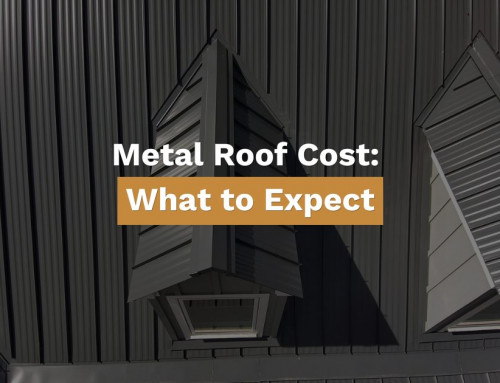
Highlights for Roof Lifespans
Maintaining your roof in Tennessee requires choosing the right materials, scheduling regular inspections, and working with a trusted roofing contractor. Asphalt shingles are affordable, while metal roofs and slate offer durability and energy efficiency. Regular maintenance, like cleaning gutters and addressing small issues, can extend your roof’s lifespan and prevent costly repairs. Spring and fall are ideal for roofing projects, and proactive care protects your home from Tennessee’s unpredictable weather.
Table of Contents
Understanding the lifespan of a roof in Tennessee is critical for every homeowner. Your roof is constantly tested by local weather conditions, including harsh summer and extreme weather conditions like storms or heavy snowfall. Choosing the right roofing materials, scheduling regular inspections, and ensuring proper maintenance will help extend the lifespan of your roof. Whether you need roof repair, are planning a full roof replacement, or want to feel confident about your home’s protection, this guide will cover everything you need to know.
What Homeowners Need to Know About Roof Lifespan
The life expectancy of a roof depends on a variety of factors. Weather conditions, like intense sun, wind damage, and moisture, can wear down even the most durable roofs. Metal roofing, known for its durability and longevity, is becoming increasingly popular in residential applications due to its fire resistance and extended lifespan. The quality of roofing materials plays a significant role. For example, three-tab shingles, a type of asphalt shingles, are considered the cheapest roofing material but require more frequent replacements than architectural shingles. Roofs that are properly maintained, including regular treatments and roof inspections, last longer. Environmental factors, like excessive weight from debris or overhanging trees, can cause structural damage if left unchecked.
Taking a proactive approach with regular maintenance can also help prevent leaks, cracks, or structural issues. A trusted roofing contractor can help homeowners address potential issues before they escalate into severe damage.

Choosing the Right Roofing Material
Selecting the right roofing materials is one of the most important decisions homeowners can make. Here are some options to consider:
-
Asphalt Shingles: Tab shingles and three-tab shingles are the cheapest roofing materials. They offer an affordable roof option and are budget-friendly. With proper maintenance, they typically last 20-30 years.
-
Metal Roofs: Known for their durability and energy efficiency, standing seam metal roofs are ideal for Tennessee’s climate. They are more expensive but excel in handling harsh weather conditions and wind damage.
-
Wood Shingles: These provide a natural look and significant aesthetic appeal, but natural wood materials require regular maintenance to avoid insect damage and moisture issues.
-
Slate: One of the most durable roofing materials, slate can last over 50 years. However, it’s heavy and requires professional installation to avoid excessive weight issues.
-
Architectural Shingles are a more premium version of asphalt shingles. They provide better durability and a modern, stylish appearance.
Making an informed decision means balancing budget, climate considerations, and personal preferences. Homeowners should consult a reputable roofing company to discuss the materials that best suit their homes’ needs.
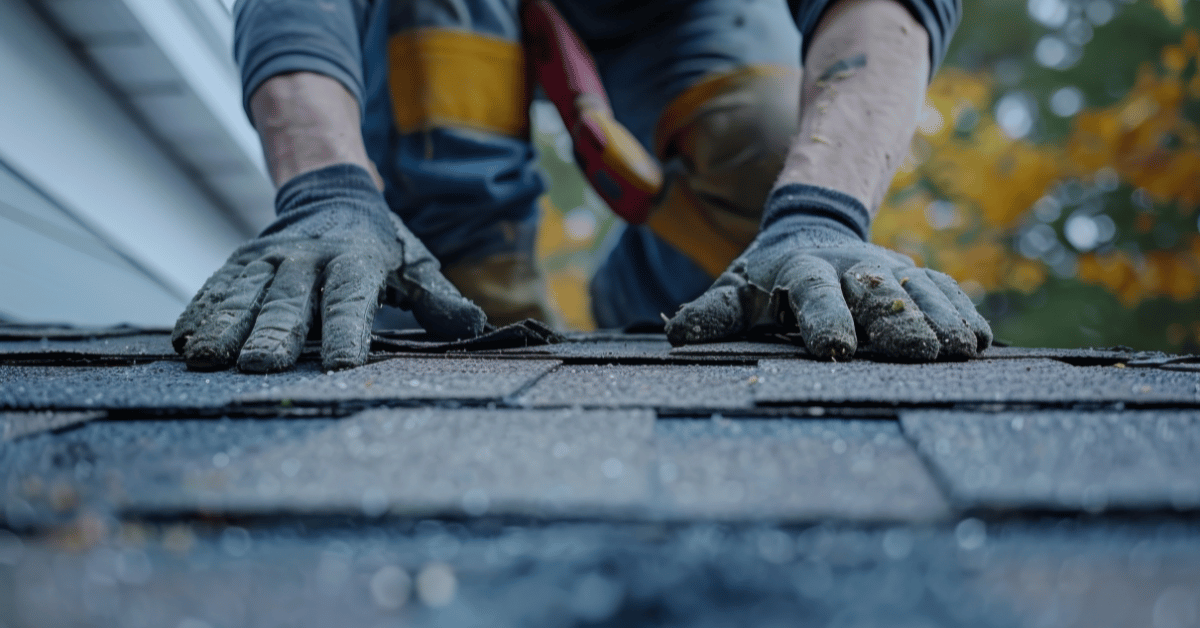
Why Roof Replacement Matters
Every roof eventually grows, whether to shingles, leaks, or reaching the end of its life expectancy. A roof replacement is more than just a repair—it’s an opportunity to address underlying structural damage and improve your home’s efficiency and protection.
The roof replacement process typically involves removing old shingles, checking for structural issues, and ensuring a secure new roof installation. A full replacement, while an agent might seem overwhelming, working with an experienced roofing contractor ensures everything is handled professionally, from the initial roof inspection to the final cleanup.
Replacing a roof also brings long-term benefits. A new roof enhances energy efficiency, improves the home’s aesthetic appeal, and provides peace of mind against severe damage caused storm damaged materials like natural wood or slate, this also includes reinforcing the roof to handle excessive weight.
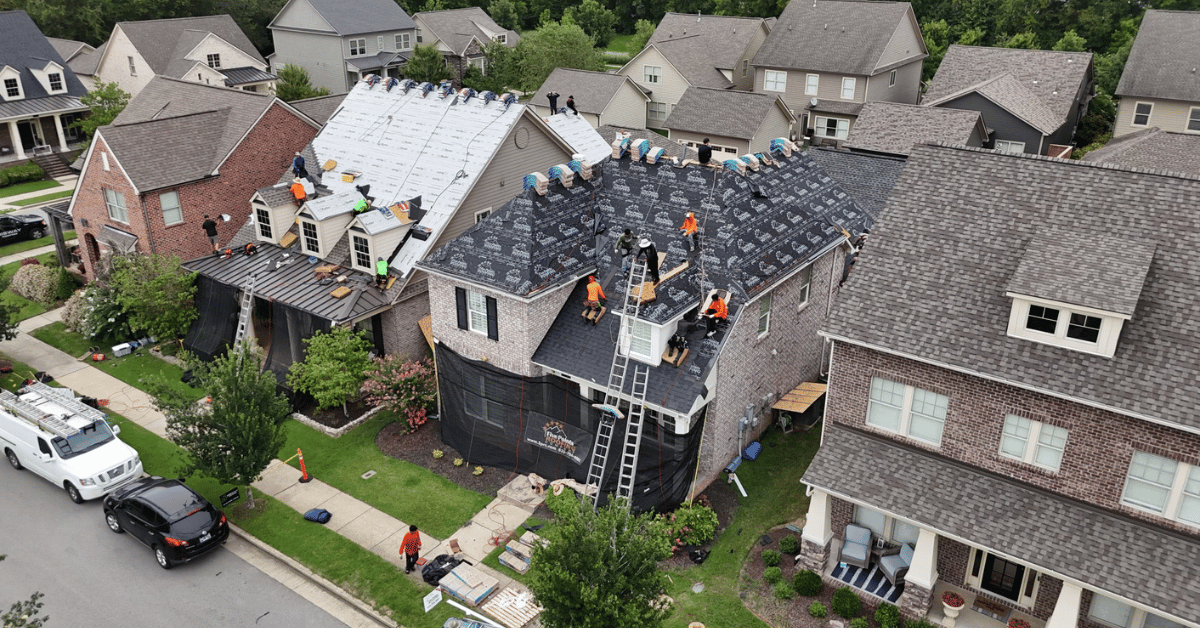
How Roofing Materials Perform in Tennessee
Tennessee’s local weather conditions demand durable and reliable roofing. Here’s how common materials hold up:
-
Asphalt Shingles: Affordable and easy to install, but they can wear out quicker under extreme weather conditions.
-
Metal Roofs: These handle wind and storms exceptionally well, offering a 30-50-year lifespan.
-
Wood Shingles: Wood can last decades if properly maintained but is more susceptible to moisture issues in Tennessee’s humid climate.
-
Slate: Nearly unmatched in durability, slate roofs are a premium choice for homeowners who value longevity over cost.
Choosing the right material also involves considering maintenance requirements. For example, Three-tab shingles may be required, while standing seam metal roofs and slate require less frequent repairs.
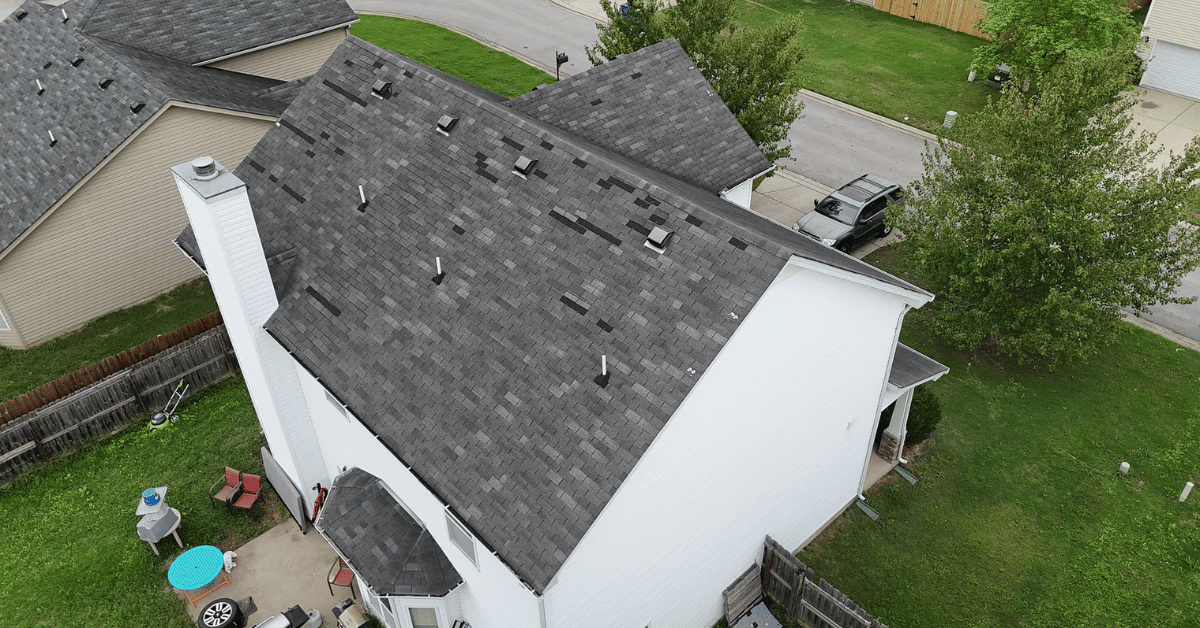
Energy Efficiency and Roofing
Energy efficiency is crucial to roofing, as it can significantly impact your home’s energy consumption and costs. When choosing a roofing material, it’s essential to consider its energy efficiency features. Here are some key points to consider:
-
Cool Roofing: A cool roof is designed to reflect solar rays and emit heat quickly, reducing the heat entering your home. This can lead to significant energy savings, especially in warm climates. Look for roofing materials with high solar reflectance index (SRI) values.
-
Thermal Mass: Some roofing materials, such as concrete tile and slate, have high thermal mass, so they can absorb and release heat slowly. This can help regulate your home’s temperature and reduce energy consumption.
-
Insulation: Proper insulation is critical for energy efficiency. Ensure that your roofing material is installed with adequate insulation to prevent heat loss in the winter and heat gain in the summer.
-
Roof Color: The color of your roof can also impact energy efficiency. Light-colored roofs can reflect solar rays and reduce heat gain, while dark-colored roofs can absorb heat and increase energy consumption.
-
Roofing Material: Different roofing materials have varying levels of energy efficiency. For example, metal roofs are known for their energy efficiency, as they can reflect solar rays and emit heat quickly. Asphalt shingles, on the other hand, can absorb heat and increase energy consumption.
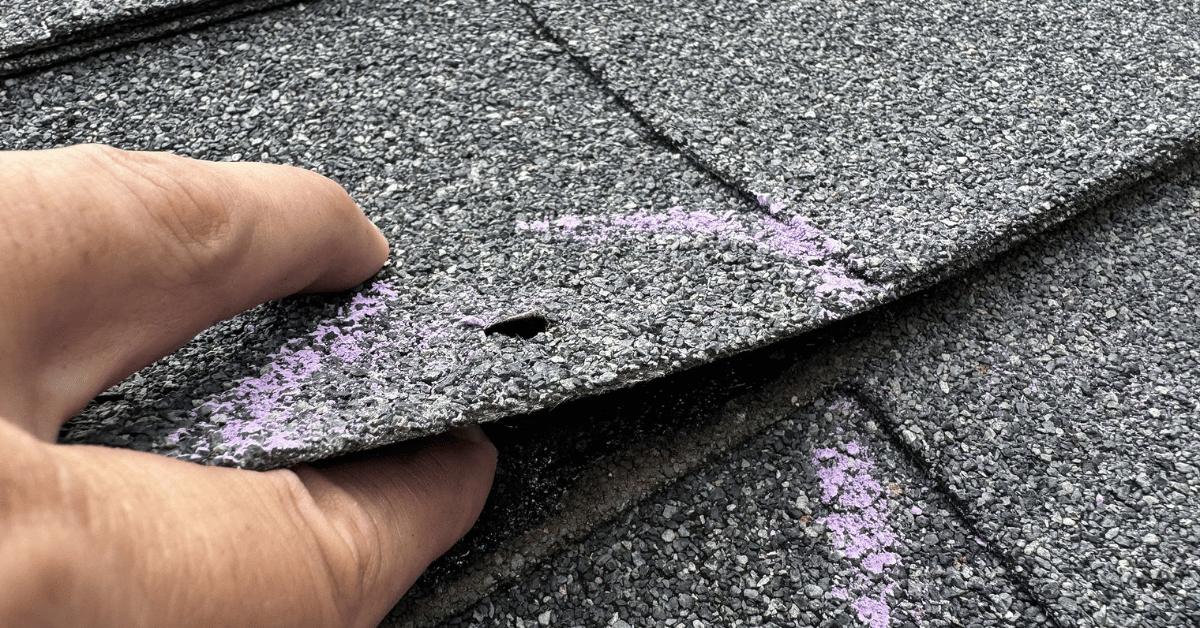
Some of the most energy-efficient roofing materials include:
-
Metal Roofs: Metal roofs are known for their energy efficiency, as they can reflect solar rays and emit heat quickly. They are also durable and can last 30 to 50 years.
-
Clay Tile: Clay tile is a popular choice for energy-efficient roofing, as it has high thermal mass and can absorb and release heat slowly.
-
Slate: Slate is a natural, energy-efficient roofing material that can last for hundreds of years. It has high thermal mass and can regulate your home’s temperature effectively.
-
Synthetic Slate: Synthetic slate is a cost-effective alternative to natural slate, offering similar energy efficiency benefits.
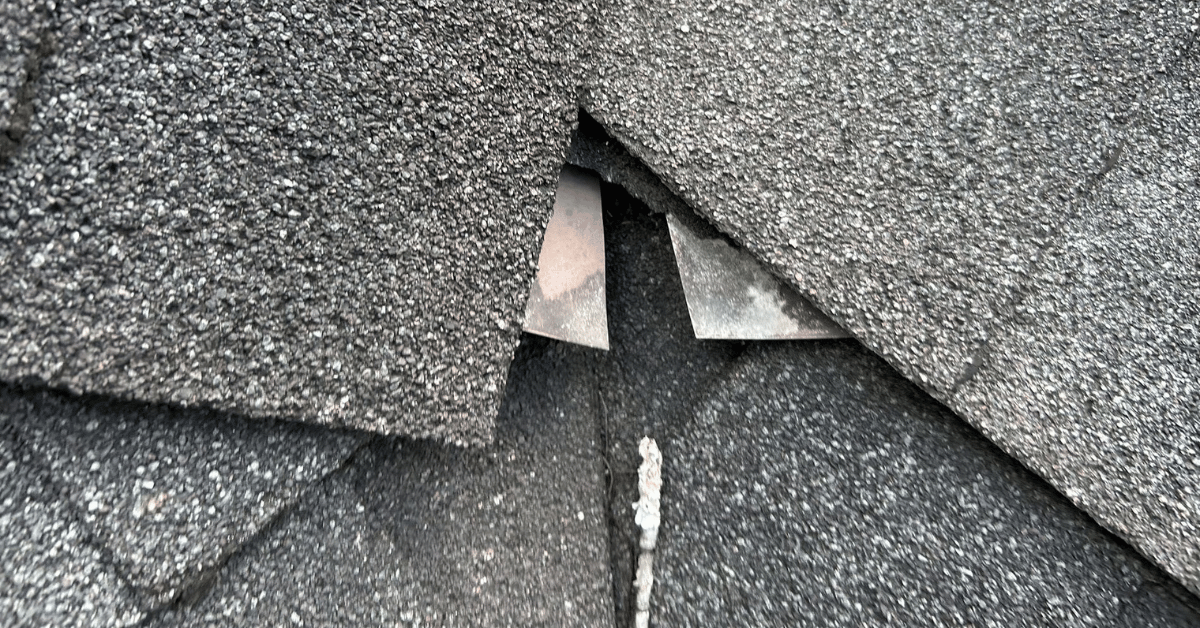
When choosing a roofing material, consider the following energy efficiency factors:
-
R-Value: The R-value measures a material’s ability to resist heat flow. Look for materials with high R-values for better energy efficiency.
-
U-Value: The U-value measures a material’s ability to conduct heat. Look for materials with low U-values for better energy efficiency.
-
Solar Reflectance Index (SRI): The SRI measures a material’s ability to reflect solar rays. Look for materials with high SRI values for better energy efficiency.
By considering these energy efficiency factors and choosing the right roofing material, you can reduce energy consumption, lower energy bills, and create a more sustainable home.
Maintaining and Protecting Your Roof
Keeping your roof in good shape doesn’t have to be a headache. Routine roof inspections are essential to identify potential issues like leaks, missing shingles, or clogged gutters. These issues can lead to significant water damage if not addressed promptly.
Regular cleaning and maintenance tasks, like clearing gutters and treating natural wood, are simple ways to extend your roof’s lifespan. For more extensive care, partnering with a professional roofing company ensures your roof remains properly maintained.
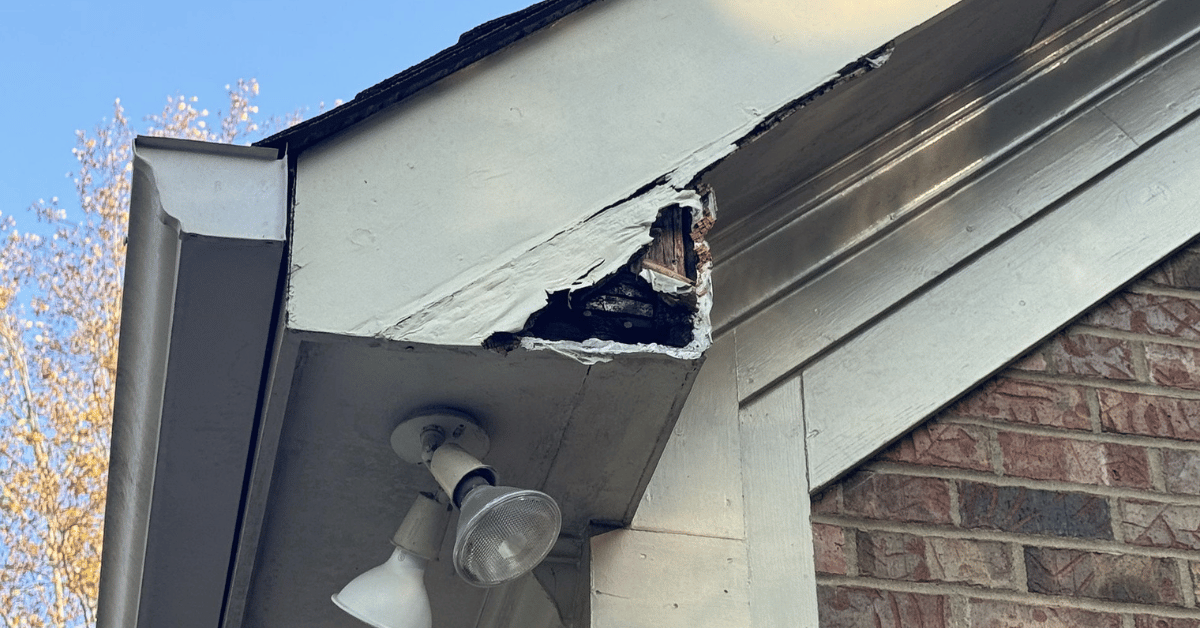
Finding a Reliable Roofing Contractor
The right roofing contractor can make all the difference. Look for a company with experience in professional installation and a track record of satisfied customers. A good contractor will help you through the roof replacement process, provide transparent pricing, and offer warranties on their work. Tennessee homeowners should always prioritize contractors familiar with the state’s local weather conditions to ensure their roof is built to withstand harsh weather conditions.
When to Schedule Roofing Projects
Timing your roofing project can save you money and stress. Thanks to mild weather conditions, spring and fall are the best seasons for roofing work in Tennessee. Whether you’re scheduling a roof inspection or a full roof replacement, avoid peak summer heat or winter storms for smoother installations and potential cost savings.
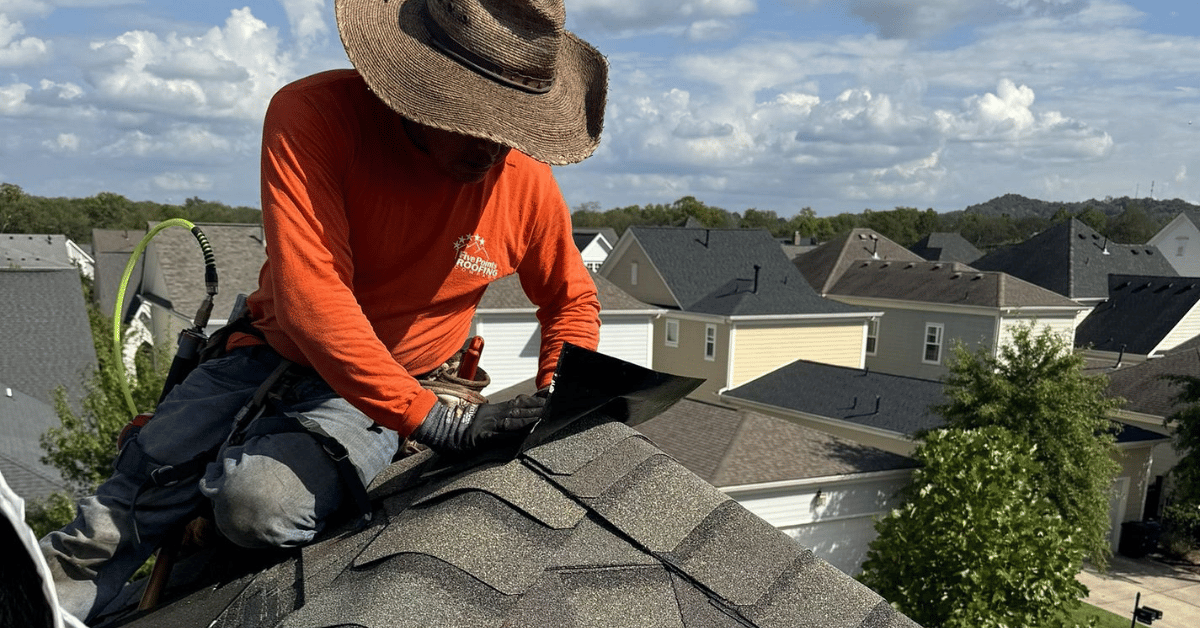
Taking the Next Step
Your roof is your home’s first defense against Tennessee’s unpredictable weather. From choosing affordable roof options like asphalt shingles to investing in standing seam metal roofs or slate, selecting the right material and ensuring regular maintenance will protect your home for years. Don’t wait for structural issues or severe damage to strike—schedule a roof inspection with Five Points Roofing, work with a trusted roofing contractor, and take proactive steps to protect your home today.




